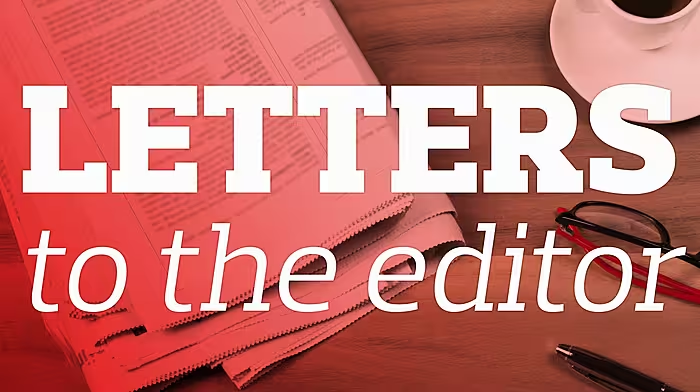ACCORDING to figures published by the Central Statistics Office at the start of this month in its ‘Survey on Income and Living Conditions (SILC): Enforced Deprivation 2019’ report, some 17.8 per cent of the population experienced enforced deprivation last year. That’s 886,000 people, an increase of about 143,000 on the 2018 figure.
The sad thing about this is that the figures for 2020 are likely to be higher again due to the economic downturn caused by the Covid-19 pandemic. This is a terrible indictment of our society, especially as the economy was flying it last year, yet more and more people are being left in the margins.
Lone parents – households with one adult and one or more children – had the highest deprivation rate (45.5%) last year, while people not at work due to a permanent illness or disability have a deprivation rate of 43.3 per cent and more than one in three people living in rented accommodation also experience deprivation. It goes right across society as almost every socio-demographic group experienced an increase in enforced deprivation rates between 2018 and 2019.
The latter was described as ‘of real concern’ by Dr Seán Healy, director of Social Justice Ireland (SJI). Of particular concern to the organisation is the fact that almost one in every four children are living in a household that experiences enforced deprivation.
2020 was meant to be a year when a number of recent poverty-related targets were to have been met. It seems now that none of these will be achieved this year. Ireland’s national target is to reduce ‘consistent poverty’ (a combined deprivation and poverty indicator) to two per cent or less by 2020.
Condemning this failure, SJI research and social policy analyst Michelle Murphy said that, ‘If we are to cope with the social and economic fallout of Covid-19 and prevent the large increase in deprivation that occurred after the 2008 crash, we need to see an increase in social welfare payments, equity of social welfare rates, adequate payments for children, refundable tax credits, decent rates of pay for low-paid workers, a universal State pension and a cost of disability payment.’
She was adamant that this process should start in the upcoming Budget and SJI is proposing a €7 weekly increase in core social welfare payments in Budget 2021, especially as Budget 2020 failed to deliver an increase to the minimum social welfare payment. This happening two years in a row would see those many of those suffering deprivation fall further behind.
The Society of St Vincent de Paul (SVP) is working at the coalface, helping those in need and it has also called for urgent action by the government to prevent more children falling deeper into poverty and a rise in homelessness. It says: ‘While Covid-19 remains a major challenge, these issues must be top of the national agenda.’
Dr Tricia Keilthy, SVP’s head of social justice, said: ‘The (CSO) data confirms the experience of SVP members who have seen housing costs as a key driver of poverty and financial hardship in recent years. Individuals and families living in the private rented sector often have to cut back on basics like food and heating to keep a roof over their head.’
Due to school and childcare closures, many parents – especially lone parents – have had to give up work to care for their children and many are now at risk of long-term unemployment. The SVP fears that, while the pandemic is ongoing, families need access to adequate income supports to prevent a deepening of child poverty and a rise in family homelessness. Taking the effects of Covid-19 into account, it is concerned that the 2020 poverty figures could deteriorate even further unless urgent action is taken across government departments.
The fact that income tax receipts have not fallen significantly during the pandemic means that better-paid workers are still in employment and it would also seem to indicate that it is the lower-paid workers in the ‘gig’ economy who are feeling the brunt of the downturn, which will have inevitably led to further deprivation. A year-on-year increase the same as that between 2018 and 2019 would bring the total number of those experiencing enforced deprivation to over the million mark, which would be an unwanted milestone.
Time then for the government to, firstly, acknowledge and then to address this problem in Budget 2021.










